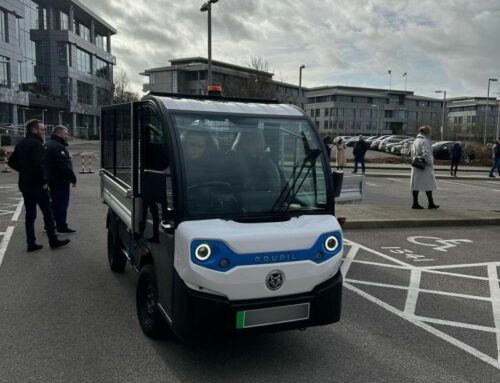ADOPTION of electric vehicles could drive an increasing amount of seasonality in fleet usage due to decreased battery efficiency in winter, according the software specialist FleetCheck.
It said that, as fleets become more experienced in EV use, it seems that range can be affected by “as much as 30-40% in real world conditions” by cold weather.
Peter Golding, managing director, said: “This loss of range of is quite substantial and, depending on the vehicle and the job it is being asked to do, could have a direct impact on their day-to-day utility.
“We see this impacting in two ways. One is that journeys that have a degree of discretionary decision making attached, such as driving a hundred miles to visit a client for discussions, may become weighted to Spring and Summer, with more video-conferencing in Winter.
“The other is that all-year fleets, such as commercial vehicle operations, may need to manage range much more carefully in the cold seasons. This could present specific challenges. For example, home shopping fleets will be facing the Christmas rush just as range falls.”
Golding said that the solutions to this issue lay in better journey planning and vehicle utilisation, as well as in educating drivers and fleet managers about the best ways to preserve range.
“The fact is that all company car and van drivers are going to have to become expert at managing range, and learning about all the small and large things that you can do to eke out the maximum range from each charge when the necessity to do so arises.
“When it’s clear that loss of charge in cold conditions is going to be an issue, such as potentially for parcel delivery fleets, then the need to recharge should be built into the daily schedule or other solutions found, such as vehicle swapping.”
A further point, Golding added, was to ensure that drivers did not head out in difficult winter driving conditions in their EV.
“It should already be the case that, if you’ve had heavy snowfall, for example, your drivers should stay at home but this is double the case with an EV. Reduced battery capacity means that, if drivers do become stranded, they are probably more at risk than in a petrol or diesel vehicle with a full tank of fuel where the cabin can be kept heated for quite some time.”







Leave A Comment